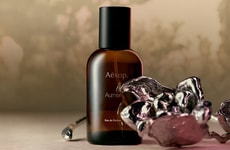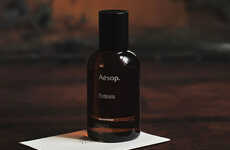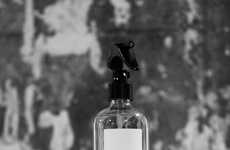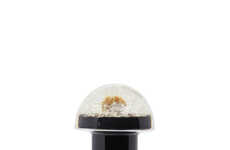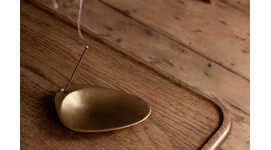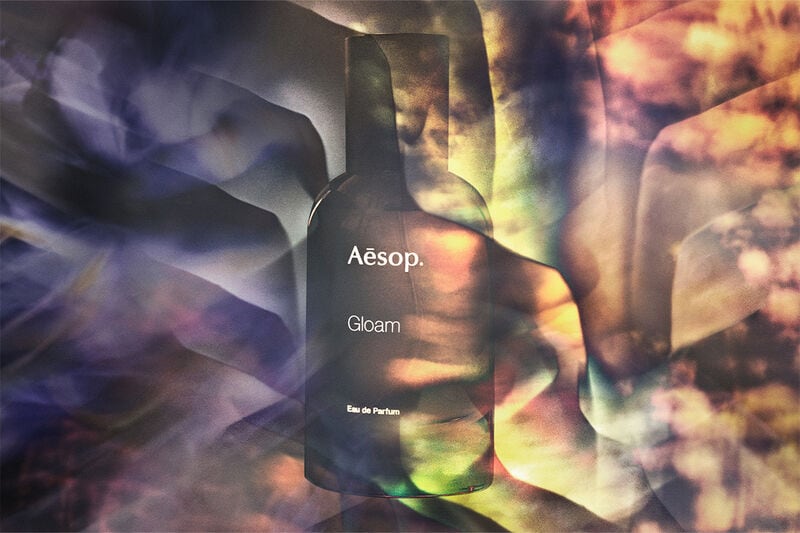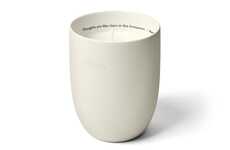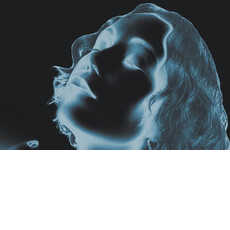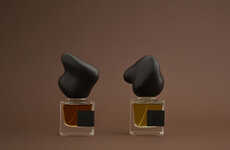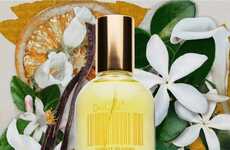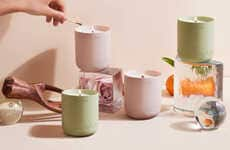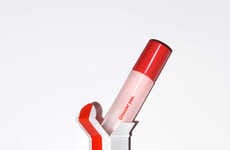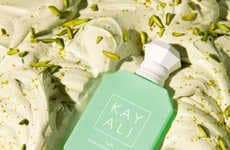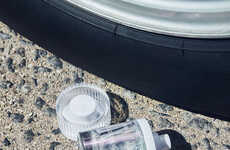
Aēsop Debuts a New 'Gloam' Eau De Parfum with Art by Jack Coulter
The ninth Eau De Parfum by Aēsop is called 'Gloam,' arriving neatly packaged in a minimalistic amber bottle. The scent is described as "a horizontal portal to self-observation" by longstanding partner Barnabé Fillio.
The fragrance draws influence from the bodily posture of vertically lying down and experiencing both the weight of gravity and a lightness of spirit at the same time. The blends of fresh Neroli, sweet Orange Flower, Mimosa, Rose, Narcissus, Jasmine Sambac, and Maté complement the Patchouli, Copaiba, and Sandalwood that give 'Gloam' its powdery and spiced scent.
Gloam is packaged in a 50mL glass bottle that is housed in a carton with artwork created by Jack Coulter.
Image Credit: A?sop, hypebeast, aesop
The fragrance draws influence from the bodily posture of vertically lying down and experiencing both the weight of gravity and a lightness of spirit at the same time. The blends of fresh Neroli, sweet Orange Flower, Mimosa, Rose, Narcissus, Jasmine Sambac, and Maté complement the Patchouli, Copaiba, and Sandalwood that give 'Gloam' its powdery and spiced scent.
Gloam is packaged in a 50mL glass bottle that is housed in a carton with artwork created by Jack Coulter.
Image Credit: A?sop, hypebeast, aesop
Trend Themes
1. Art-influenced Fragrances - There is an opportunity for the fragrance industry to incorporate different forms of art mediums into their packaging designs, marketing campaigns, and scent creations.
2. Mindfulness-inspired Scents - The trend towards mindfulness in everyday life can be applied to fragrance creation by focusing on scents that elicit a sense of inner calm and relaxation.
3. Sensory Experience Marketing - Retailers can explore the use of scent in-store and online to create immersive sensory experiences that promote customer engagement and differentiation.
Industry Implications
1. Fragrance - The fragrance industry can use art, mindfulness, and sensory experiences to differentiate their products and create a unique brand experience.
2. Art - There is a growing demand for art to be incorporated into product design beyond the traditional art world, opening up opportunities for artists in collaboration with diverse industries like fragrance.
3. Retail - Retailers can use sensory experience marketing to create branded environments that enhance customer engagement and loyalty, leveraging scent and other sensory cues to drive customer behavior.
3.6
Score
Popularity
Activity
Freshness


